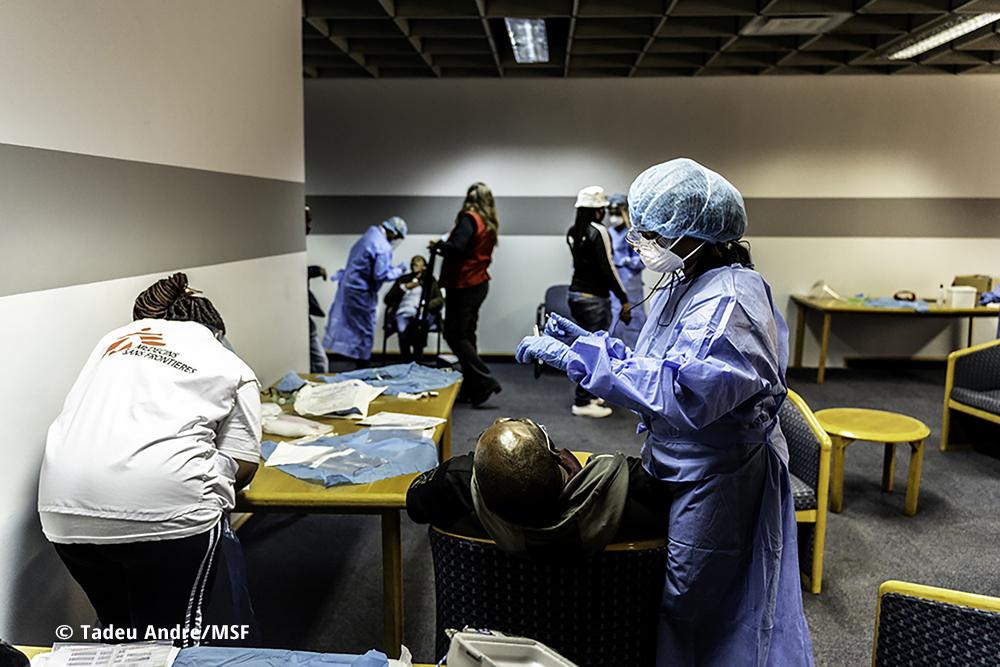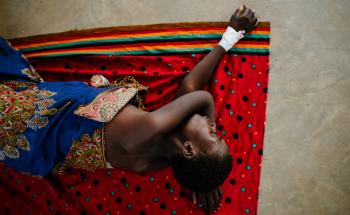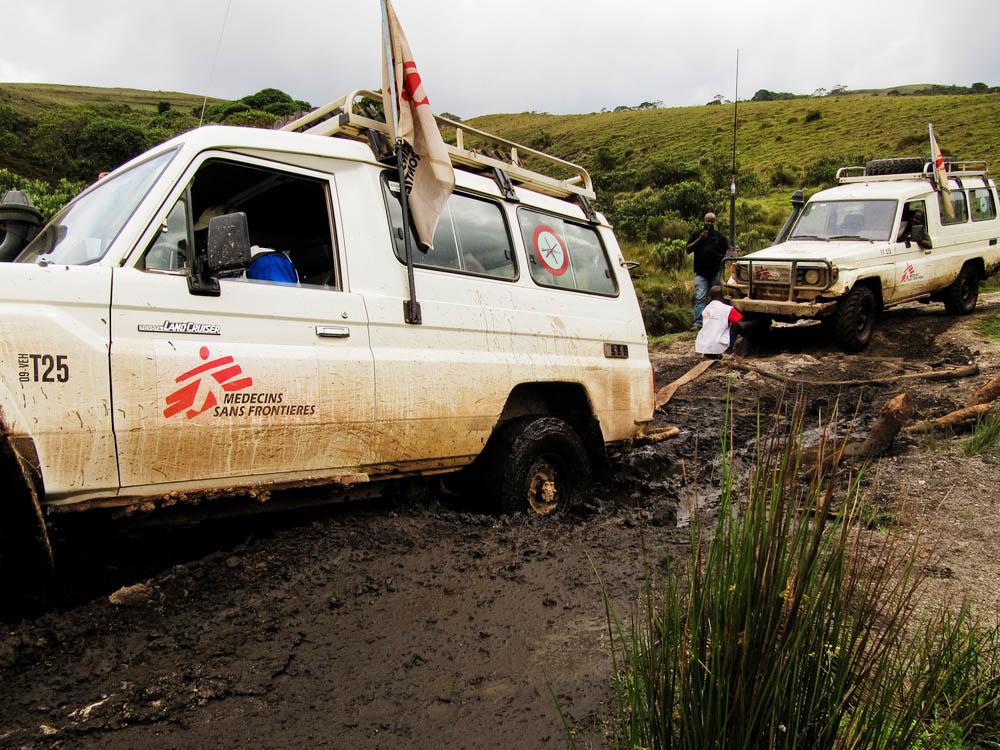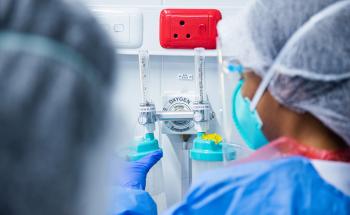The battle lines of access to COVID-19 vaccines, diagnostics and treatment have been drawn between high-income countries and developing countries, which is why more African leaders gathering at the extraordinary African Union (AU) Summit this week need to endorse plans by South Africa and India to ensure equitable access – especially as their populations are most vulnerable.
Last month, South Africa and India took a bold stance with a joint waiver request to the World Trade Organization (WTO) to prevent countries from granting or enforcing patents and other intellectual property (IP) on COVID-19 vaccines, drugs, diagnostics and other medical tools until the majority of the world’s population have received effective vaccines and developed herd immunity.
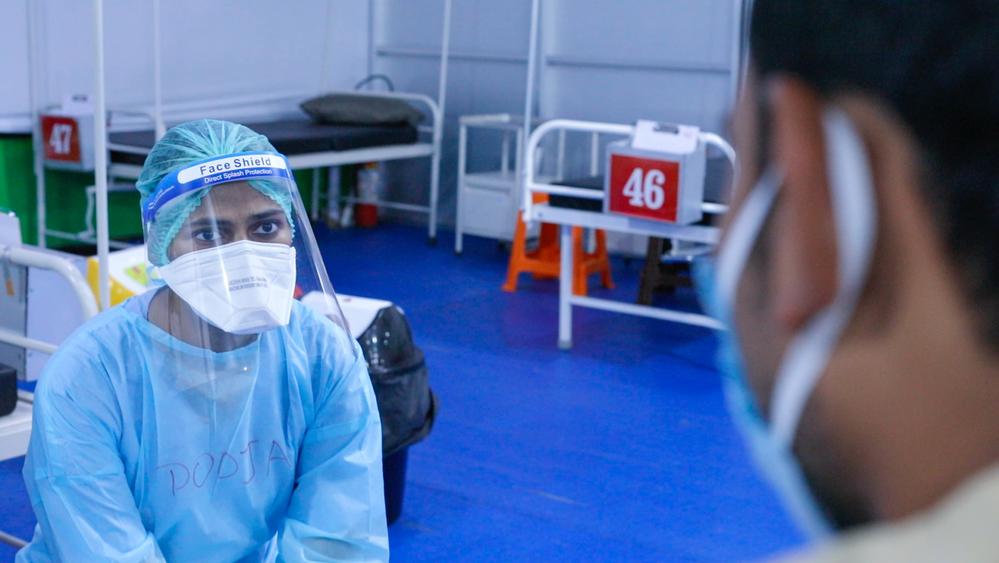
The over-protection of IP by pharmaceutical corporations and their lobbies has historically created barriers to accessing life-saving medicines used in the treatment of HIV, TB, cancer and a range of other diseases.
Despite the COVID-19 pandemic, the pharmaceutical industry continues to follow a business-as-usual approach, maintaining rigid control over their proprietary IP rights, which prioritises profit maximisation over people’s lives. This is a result of the current monopoly-based biomedical innovation system that allows exorbitant prices to be charged for medicines, without any checks or balances.
The proposal by SA and India is in direct response to this greed and the structural challenges governments in low- and middle-income countries (LMICs) are facing. The waiver recognises the limitations of the current mechanisms in place and offers a quicker, transparent and automatic global solution to address these.
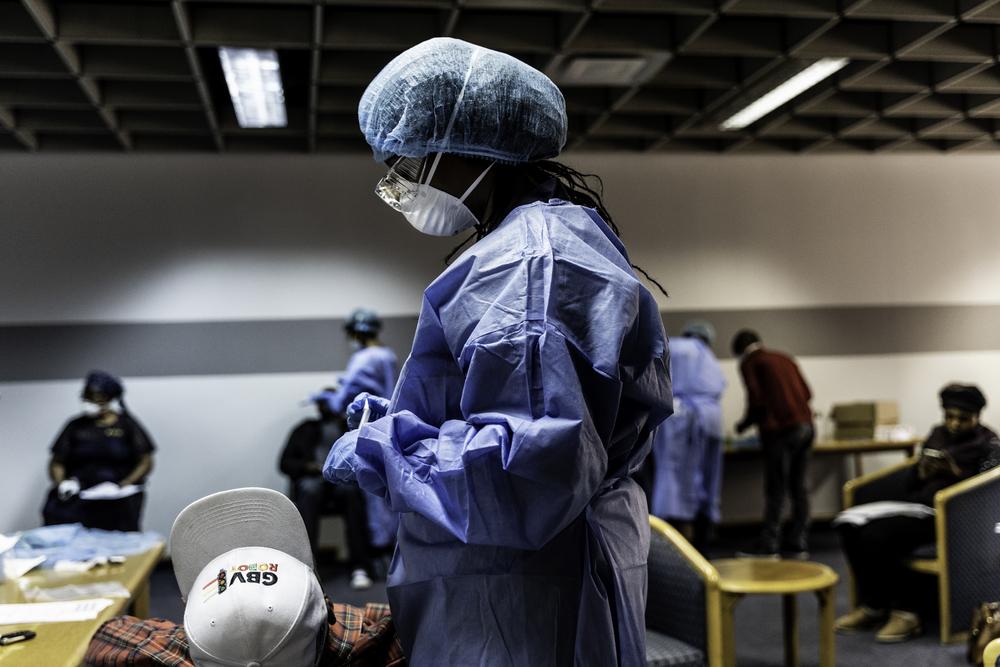
A small group of mostly wealthy WTO members – the US, UK, Japan, Canada, Australia, Norway, Switzerland, Brazil and the European Union – have unsurprisingly opposed the proposal.
It is important to note that most of these countries, together with a few other wealthy nations representing just 13 percent of the world's population, have already reserved more than half of the promised supply of leading COVID-19 vaccine candidates. This is nothing but an insult to LMICs suffering severe blows to their already ailing health systems due to COVID-19.
Since the start of the pandemic, the needs of LMICs have been consistently pushed aside. South Africa initially reported a shortage of COVID-19 testing materials, due to pharmaceutical corporation Roche refusing to provide the recipe for its proprietary reagents used in the GeneXpert testing machine, which blocked laboratories from quickly making their own solution and ramping up their testing capabilities.
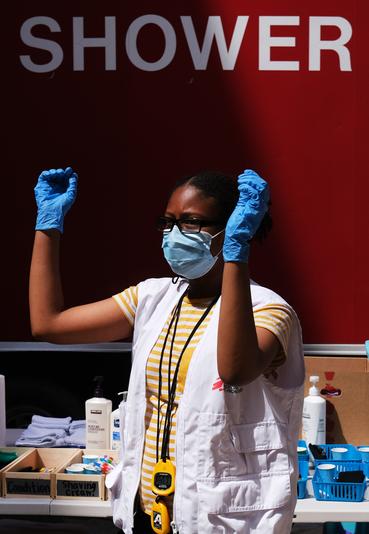
Spotlight reported: “A challenge faced by laboratories in South Africa and elsewhere is that most of our diagnostic infrastructure requires the use of proprietary test materials – including reagents, consumables and cartridges. This largely prevents laboratories from making their own test materials or procuring test materials from sources other than the diagnostic machine’s manufacturer.”
This experiences clearly highlights how developing countries like South Africa would continue to have their COVID-19 medical tool response scale-up hamstrung due to IP barriers, despite having the required capacity.
Governments need to be in the driver’s seat and fulfil their core obligations of protecting public health and ensuring access to medicines for all.Candice Sehoma, Access Campaign Advocacy Officer, Southern Africa
President Cyril Ramaphosa’s recent mention of local generics firm Aspen Pharmacare’s manufacturing (“fill and finish”) of a Johnson & Johnson (J&J) vaccine candidate ¬– currently being trialled in South Africa – raised hopes. Aspen has the capacity to manufacture 300 million doses of the J&J vaccine for both emerging and developed markets.
What didn’t get much attention is the fact that J&J – and not Aspen – holds the intellectual property rights to this vaccine and therefore maintains the power to decide how it will be distributed and allocated to countries. Assuming that most doses of this vaccine candidate have already been secured by high-income countries, this leaves South Africans questioning how many doses will be allocated locally and to the continent at large.
African countries continue to be the most vulnerable, given the burden of underlying medical conditions and under-resourced health systems. According to the World Health Organization (WHO), one of the biggest challenges continues to be the availability of essential medical supplies, particularly COVID-19 test kits, which is indicated by the low numbers of confirmed COVID-19 cases reported on the continent.
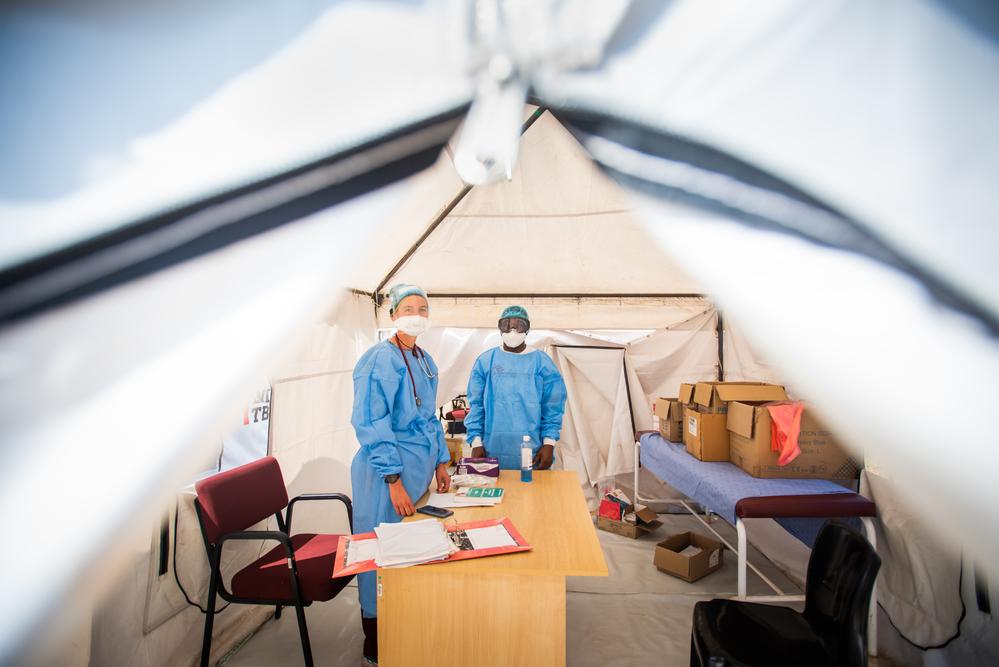
The South African government has been exemplary in standing up for public health and many African leaders have consequently recognised the negative impact of IP on access to COVID-19 medical tools. The Africa CDC Consortium for COVID-19 Vaccine Clinical Trials (CONCVACT) and the COVID-19 Vaccine Development strategy both highlight the need for vaccine manufacturing scale-up to meet global demand for COVID-19 medical products.
In a July 2020 communique, African health ministers urged AU member countries to remove IP barriers to ensure that “all relevant technologies, intellectual property, data and know-how are openly and immediately made available and the rapid scale-up of geographically diverse production be made possible”.
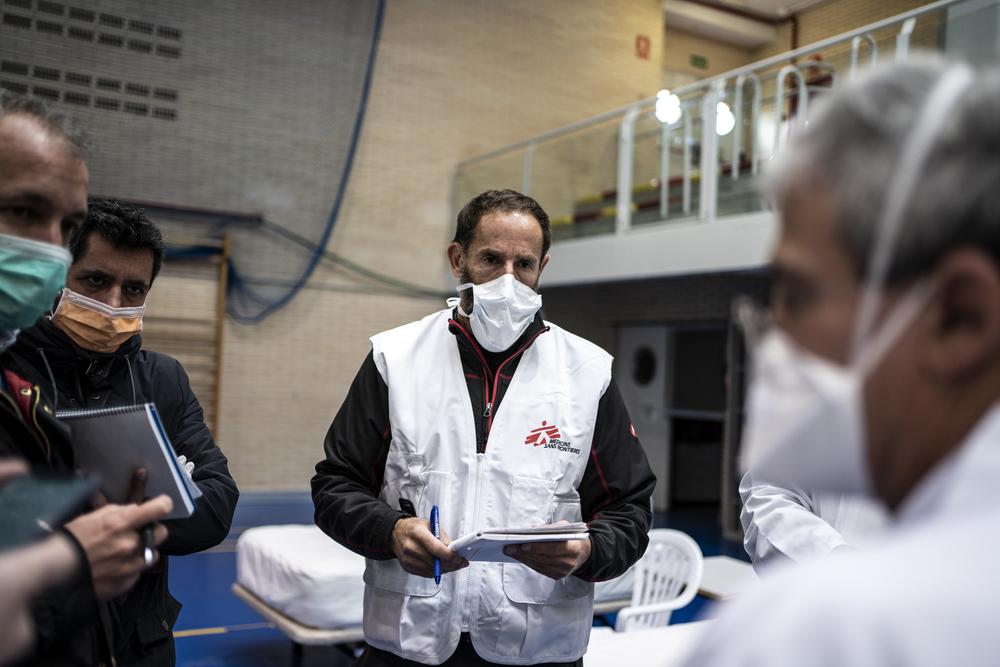
In November, the Chairperson of the African Commission on Human and People’s Rights called for the AU to support the waiver negotiation process to enable manufacturing and access. Again, this week, during the AU Summit, Doctors without Borders (MSF) urges all the leaders to publicly endorse this waiver request.
Governments need to be in the driver’s seat and fulfil their core obligations of protecting public health and ensuring access to medicines for all. This IP waiver proposal presents an opportunity for solidarity among African nations. Now is the time for the African Union and its member states to give the support required in order to achieve a truly global response to the pandemic.
